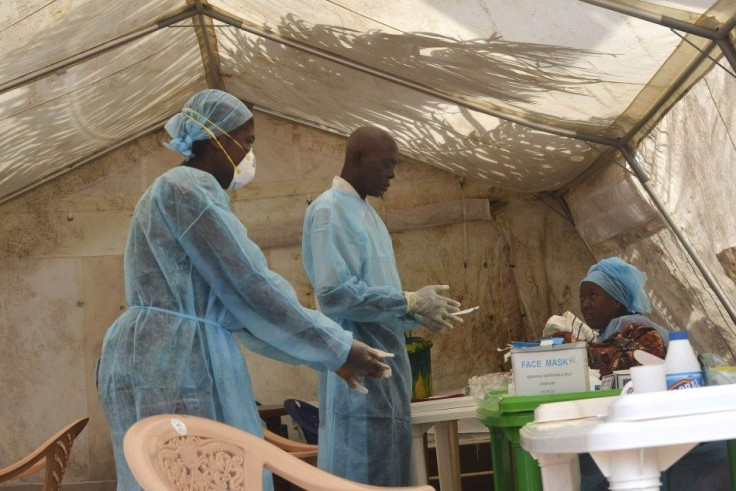Ebola Virus Outbreak in Africa: Transmission and Symptoms

The deadly Ebola virus is reportedly spreading in Africa again. The virus has fatality rates of up to 90%. The virus is mostly found in Central and West African regions and the spread is being controlled before it reaches other countries.
According to a report by News.com.au, the Ebola virus has already claimed the lives of about 500 people across West Africa. The source of the outbreak of the virus is said to be Guinea and neighbouring countries Sierra Leone and Liberia are said to be affected. The report also raises concern of the virus spreading to Australia, if it makes its way to Europe.
The symptoms of contracting the Ebola include a sudden onset of fever, intense weakness, muscle pain, headache and sore throat. These symptoms may be followed by vomiting, diarrhoea, rash and impaired kidney and liver function. In some cases internal and external bleeding is also reported. It may take 2 to 21 days for the symptoms to show after contracting the virus.
Currently there is no vaccine for the Ebola virus, although several vaccines are reportedly being tested. The virus reportedly spreads from animals such as infected chimpanzees, gorillas, fruit bats, monkeys, forest antelope and porcupines. The infection spreads among people through blood, secretions, organs and other bodily fluids of infected people.
The Ebola virus was reportedly first discovered in 1976 in Sudan and the Democratic Republic of Congo. The virus got its name from the Ebola River which flows in the Democratic Republic of Congo.
Governments in the countries where the outbreak has taken place are reportedly working to contain the spread. Early diagnosis and treatment is said to offer the best chance of survival. Medecins Sans Frontieres, an independent humanitarian organisation, has been treating the people affected by the virus.
In a recent press release the organisation said that massive deployment of resources was needed to combat the epidemic. The report also said that the Medecins Sans Frontieres is the only aid organisation working to combat the Ebola virus in the region and that they have reached their limit. They are reportedly no longer able to deploy teams to the newly affected areas in the region.
This is reported to be one of the biggest outbreaks of the Ebola virus and people in the region are said to be very frightened of the disease. A number of organisations are said to be working on raising public awareness and reduce the anxiety of the people in the region.




















